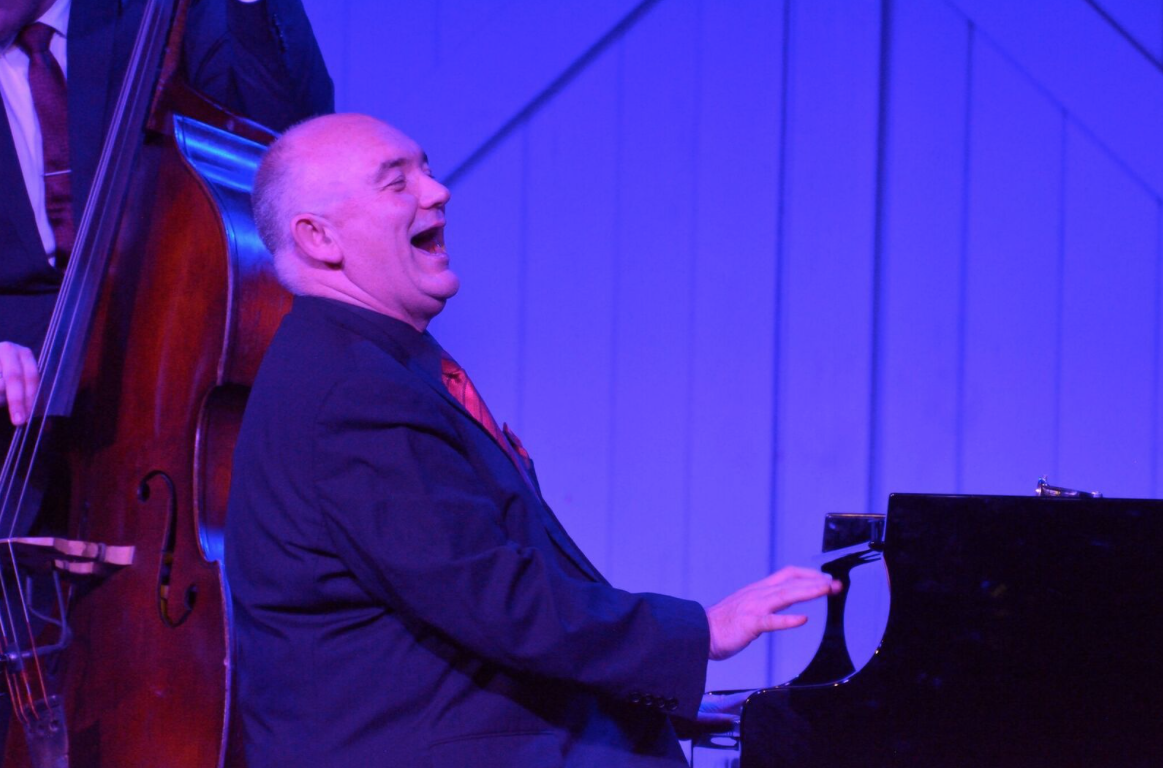Researchers at the Max Planck Institute for Human Cognitive and Brain Sciences in Leipzig have found that different processes occur in the brains of classical and jazz musicians, even when playing the same piece of music. The findings, published in an article titled Musical genre-dependent behavioural and EEG signatures of action planning. A comparison between classical and jazz pianists in the academic journal NeuroImage, found differences in the brain activity of jazz and classical pianists, particularly in the way they planned movements.
 James Morrison performing at the 2017 Canberra International Music Festival. Photo © Peter Hislop
James Morrison performing at the 2017 Canberra International Music Festival. Photo © Peter Hislop
According to the researchers, this could help explain why musicians tend to excel in one or other style, while performers who have mastered both are rarer.
“The reason could be due to the different demands these two styles pose on the musicians – be it to skilfully interpret a classical piece or to creatively improvise in jazz,” said Daniela Sammler, a neuroscientist and leader of the current study. “Thereby, different procedures may have established in their brains while playing the piano which makes switching between the styles more difficult.”
The study involved 30 professional pianists, half of whom...










Comments
Log in to join the conversation.